Sometimes traveling to developing nations is a bit of a reality shock, witnessing so much poverty and desperation. It is natural to want to help in some sort of way. I guess that you, just like me, want to be a responsible traveler and make a difference.
However, not all help is good help. The effects of one well-meant act could be harmful in different ways, or destructive long term.
Sometimes, you need to do the opposite of what your heart tells you there and then to be a responsible traveler.
I assume there are more people like me out there wanting to make sure it’s actually doing good when you mean to do good and not the opposite. I have regretted many things that I have done. Yet, at the time I thought they were ethical actions. I wish I knew a few more things about responsible travel earlier.
Therefore, I have put together a list of things NOT to do as a responsible traveler. By taking the right choices, you don’t have to regret anything when returning home from your trip. Generally, a good tip is to choose sustainable tourist destinations and join eco tourism activities when you travel.
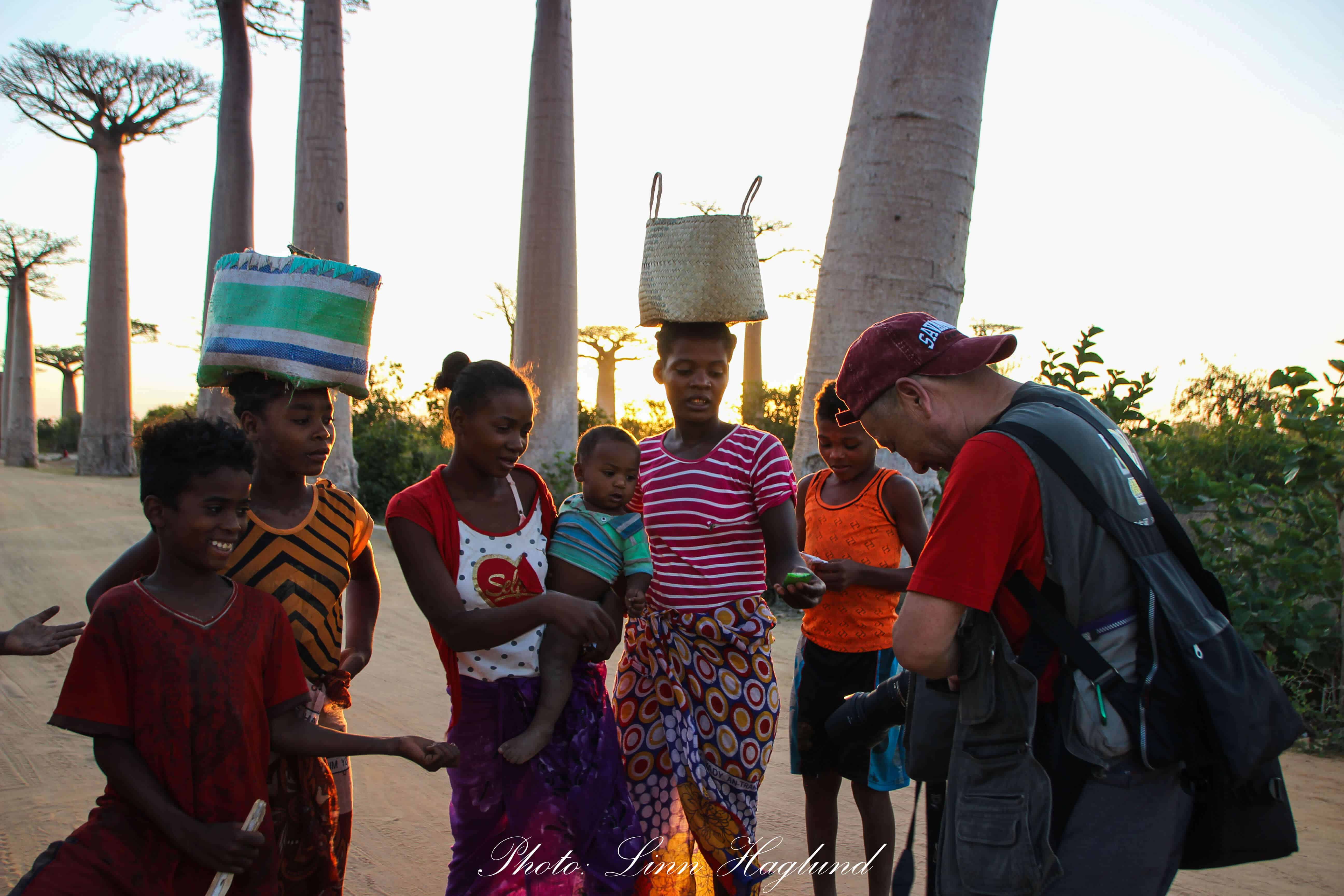
READ: How to support small local travel businesses when you can’t travel
Give money on the street
Who hasn’t been asked for money on the street when traveling? It’s hard to know when it is ok or not. Here are a couple of reasons why you should not give to beggars.
Criminal organizations
Even regular beggars could be part of larger networks exploiting the dirty, miserable person in front of you. In the worst-case scenario, this person could get nothing of the money collected during their days of begging, while rich bosses collect it all at the end of the day.
In some developing countries, larger criminal organizations cause physical injuries to the persons they put on the streets to beg so that bypassers will feel sorry for them and give them more money. This unfortunately also happens to countless street kids as they are vulnerable, easy to access and nobody cares about them.
I’m absolutely not saying that you should never give money to beggars, but be a bit conscious of the consequences. And even reading up on the situation in the actual country you are in or going to could be a good start.

Violence
The second issue about giving money to people or even kids on the streets is that you never know what happens after you give that dollar. Often poverty is so desperate that new gifts or money generate violence.
More than a few times I have heard about kids in slum areas getting attacked by other kids or even killed for money. This is absolutely not what you have in mind when you want to help that kid.
Instead of giving money, you might give that banana you have in your backpack for a snack, or share some water if the person or child seems to be hungry or thirsty.
Buy from child vendors
It might be tempting to give money to children or buy things from child vendors. The children are so cute, looking at you with those eyes, and it’s natural to want to help them.
Unfortunately, supporting the work they are doing might have negative side effects. Their parents may keep them completely from going to school as the money they make is of greater short-term value for them.
Instead, try to find organizations that work on keeping children at school and educating parents on the long-term benefits and importance of education.
Responsible travel focuses on long-term benefits for the individual and the community.
Give sweets to kids
But sweets are harmless, aren’t they? And the kids love them! Wrong. Sweets are far from harmless. Not all parts of the world are as privileged to have dentists available. Or even affordable.
When I was a kid in Norway, we had a free school dentist probably until I was 16-18 years old. Those remote, dusty villages in Africa with those cute little kids in filthy, ripped clothes don’t have that. Some kids will never see a dentist their whole life.
So what happens when their teeth start to rot?
That is only one side of the sweet issue, though. The other is that teaching populations already from they are kids that tourists mean gifts and free stuff, is not a sustainable way of interacting with the villagers.
Why? It starts with sweets, then maybe gifts, and then money. And we are back to problem one. This is something I have seen a lot of first-hand, especially in poor countries like Madagascar and Cambodia.
Volunteer in a children’s home short term
The Attachment – Detachment problem
Volunteering at a children’s home sounds very tempting for many. Playing games with the children and being a part of their happiness for a fragment of their lives. And this is exactly the problem. You will be there for just a fragment of their lives.
When a child is at an orphanage, usually the little ones have had a rough start to their lives. Among them, losing parents, siblings, family, and friends. Some have witnessed terrible things in their short lives and are in desperate need of major stability. The last thing they need is to get attached to new people that will leave them shortly after.
These kids don’t need to loose more people they care about. Imagine that I go volunteering at a home for two weeks. The kids get a good connection to me, and when I leave they will feel the sadness and emptiness they felt when they were torn apart from their parents.
When you arrive a few days later to stay for one week, they get attached to you too, just to get back that horrific feeling once you leave. And then another short time volunteer shows up, and another one and yet another one.
These kids go through the same grief every single time someone leaves them, something that might lead to psychological problems. Would you put your child through this?
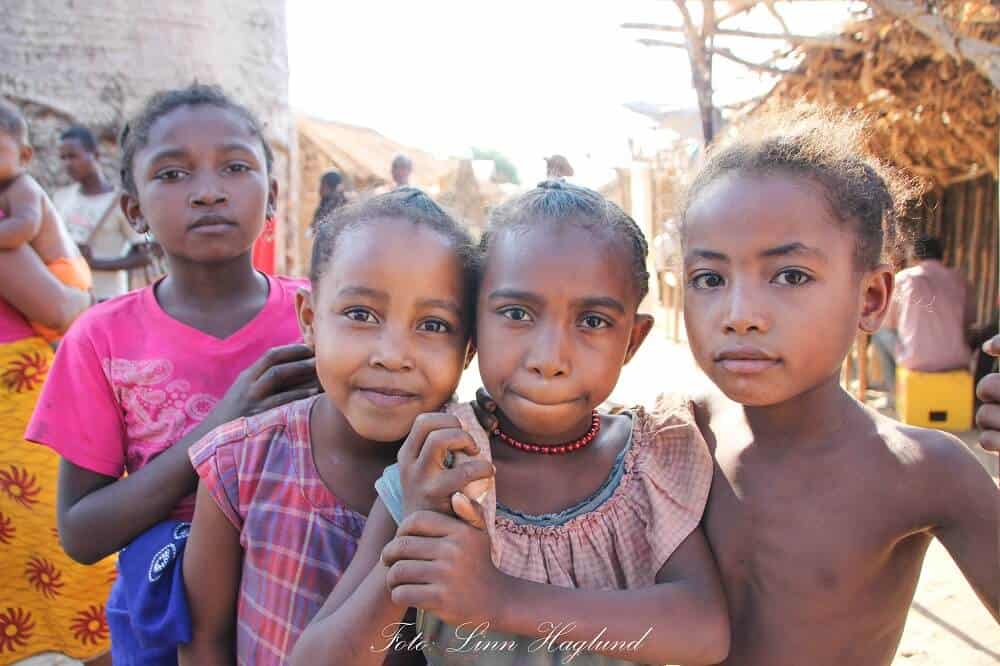
Leave it to the professionals
So, the stability in the children’s lives is one thing. Another important issue is the education and background of the volunteer. As mentioned above, many of the children might have experienced loosing someone, even in traumatic ways.
Therefore, it is so important that people treating these children have the right knowledge to support and improve their mental health so they can grow up to become confident, amazing human beings.
The dark business of orphanages
The last point I am going to mention is the dark business of orphanages. What do I mean about that? They are there to save children’s future, aren’t they?
Yes and no.
Unfortunately, volunteering in orphanages has become so popular that it has been taken advantage of, especially in countries like Cambodia and Nepal.
Because of the high demand for volunteering in orphanages, there has become a high demand for orphans too. This means orphanages go looking for kids to live in their homes so that they attract more volunteers, thus making more money.
As a result, parents sell their children to orphanages and there is a terrifying amount of kids in orphanages that actually have at least one living parent. This article gives high-quality information on the issue.
When we think of volunteering, we definitely don’t think of supporting a corrupt business detaching children from their parents.
What to do instead
First of all, it is important to do your research if you want to help an orphanage to make sure it is working in an ethical way.
One thing to do to help directly is to bring clothes and toys etc. directly to the orphanage. You can talk to the managers of the children’s home to learn more about how they work while you are there, and maybe even get a tour of the establishment.
Otherwise, you could donate money directly to the home or, through a local organization that works with children in need.
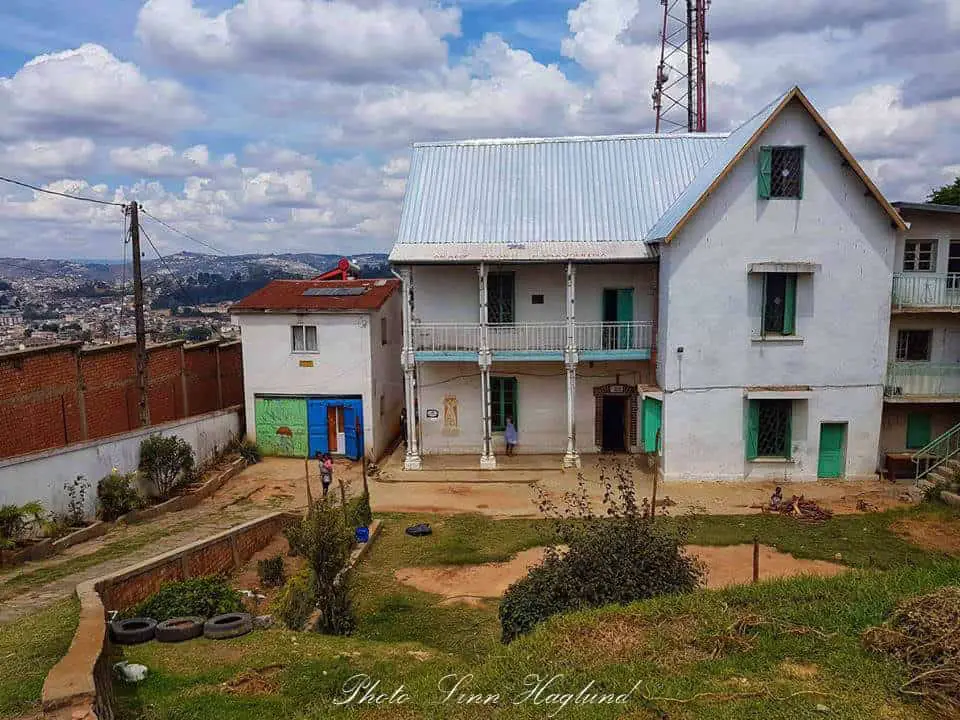
Visit a school during school hours
Many organized trips include a visit to a school. In Cambodia, I went on a boat trip that took us to a floating shop to buy school material.
The next stop was a floating school nearby. We were happy to visit the classroom and to give the books and pens we had bought for the kids.
What I didn’t think about at the time was how many boats were doing the same thing. Every single day. Instead of being a responsible traveler through helping children in need, I was being part of creating a larger problem.
The issue here is not how many school supplies the kids received, because that is a good thing. But how is it for teachers and students to be disturbed several times a day?
I believe it would not be acceptable in my home country to disrupt class several times a day. Would you like your kids to be disturbed in class regularly?
A good option to support schools and their students is to donate to organizations that supply school material and education to teachers. Another opportunity is to organize a visit to the school after school hours.
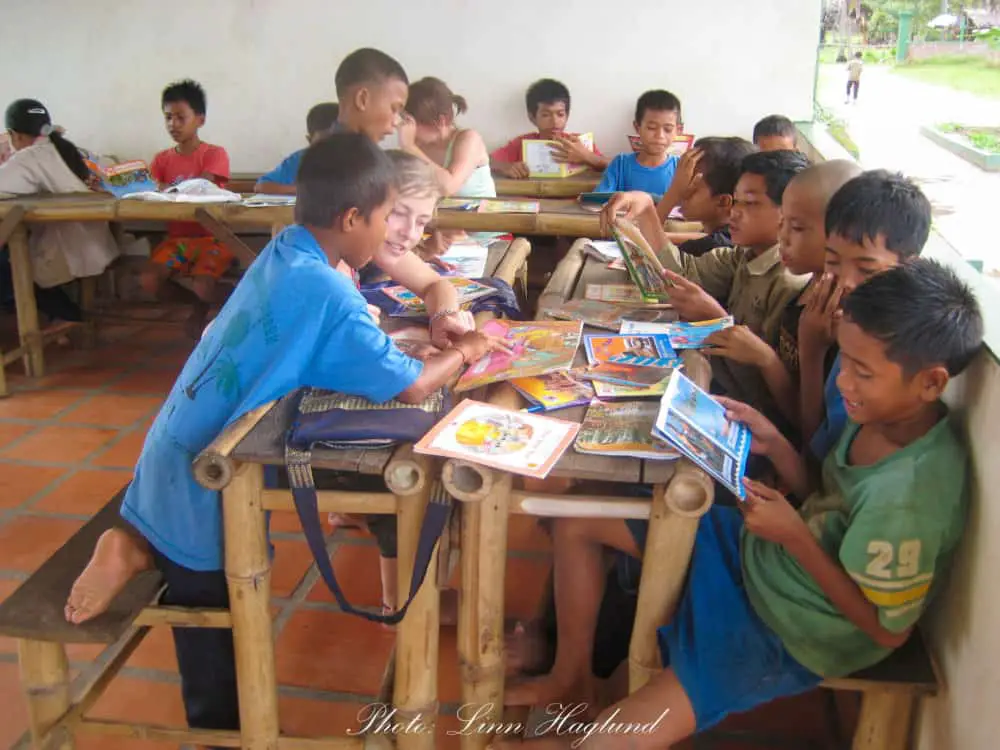
Overload bicycle taxis
In many countries, bicycle taxis are a common way of transportation. It is often considered the work of the poorer parts of society.
Therefore, it’s pretty obvious, as an ethical traveler, to think that taking this type of transport rather than a car will be a great way to give back to the poor. And it might be.
Only remember that it is a person pulling you ahead, so if you are two people with backpacks, rethink if you would carry all that weight by bike. This person might have this as their only way of income for the whole family.
So, imagine that they pull too much weight so that they get injured and won’t be capable of working for a longer period of time, or even for life. What will then happen to their family?
As a responsible traveler, you might go for two bicycle taxis or a Tuc-Tuc instead. You could rather take a bicycle taxi when all your stuff is left at the hostel and you are only carrying your own weight and camera.
Give money to people showing off animals or take animal selfies
You might have taken a photo once with a snake around your neck. Maybe been approached by a guy with a monkey in a leash that asks you to pay for a photo with the monkey on your shoulder.
Or a big bird bound to a rope for a photo on your head. These all make such nice photographs to show family and friends back home.
So why isn’t it OK to do? You do support a local right?
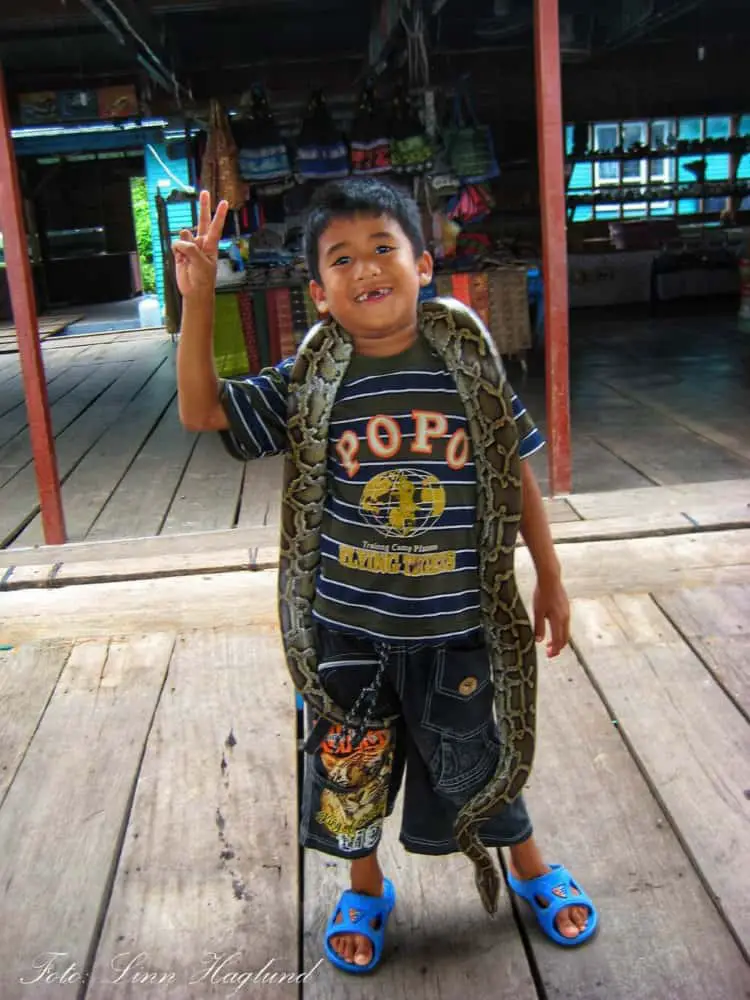
First of all, all of these animals are wild animals. A snake doesn’t naturally hang around your neck unless it’s trying to strangle you and have you for dinner. And this is highly unlikely. Snakes usually run away from people.
Monkeys and birds too, they normally won’t just sit on you. They are wild animals that need to be free. Not be in a leash, held against their will.
Often you can get handed an animal that isn’t chained to hold it. Is this any better? Animals like sloths are very popular in Central and South American countries like Peru. These slow animals are easy to catch from a tree and hand around.
But there are a million reasons not to hold a sloth as well as other wildlife. Stress levels affect sleep, reproduction, heart rate, and blood pressure are just a few of the things that get affected when handled by humans.
To be a responsible traveler doesn’t mean you can’t get close to animals. If you want to observe wild animals there are plenty of eco-friendly alternatives like safaris, dolphin and whale watching, and jungle walks where you can spot these beauties in their natural habitat.
If you are lucky a monkey will jump on your shoulder of its own will in a place where the animals are used to humans.
Ride animals in bad shape
Just because the owner looks poor and in severe need the money you would offer for a ride back to your hotel on his horse carriage, think about the animal pulling the cart.
If it seems too weak to pull you and the luggage; you might rather get a Tuc-Tuc. It would be terrible if the poor horse collapsed by the weight of you.
Unfortunately, chances are small that the money you leave for the ride will go towards the welfare of that animal.
In addition, there is the issue of riding animals as a tourist attraction. Most people would think riding donkeys is ok. In many cultures donkeys have been used to carry heavy loads, so why not carry people? I have written a blog post that explains in detail why you should never ride a donkey.
Among other animals you should stay away from the temptation to ride are elephants and camels.
Animals are not here for our amusement, and I don’t believe they should suffer only so tourists can go for a ride. Unfortunately, training of these wild animals include beating with sharp tools and torture.
Fellow travel blogger Kimberly Flannigan from the Soulo Wonderer explains why you should avoid elephant tourism in her blog post Riding Elephants is Irresponsible Tourism.
Another responsible travel blogger, Christopher Kevin Oldfield of Lessons Learned Abroad questions camel riding with his blog post Is riding camels ethical?
I have also written a whole lot about this in my blog post Tips for responsible travel.
Tell the locals what to do
You might see locals throwing trash on the streets or doing other things that are obvious for you that are wrong. Remember that being a responsible traveler does not mean to instruct people about what they should or should not do.
Most likely the person addressed will get angry or generally negative towards travelers. How would you like a total stranger to come over to tell you that what you are doing is not ok?
And even more so if the person in question was a visitor to your home country?
When visiting a foreign country we have to remember that we are visitors. We should observe, learn and be humble.
If there is an issue you feel passionate about, it is a better idea to look up an organization that works with this. You could donate to their cause, as they should have the right means to educate and work with the issue in a sustainable way.
If they are currently not working in the country in question, contact them and mention what you have observed. Maybe they will look into collaboration in the given country in the future?
Be a responsible traveler – Think consequences
Altogether, we want to be responsible travelers; we want to do good and not bad.
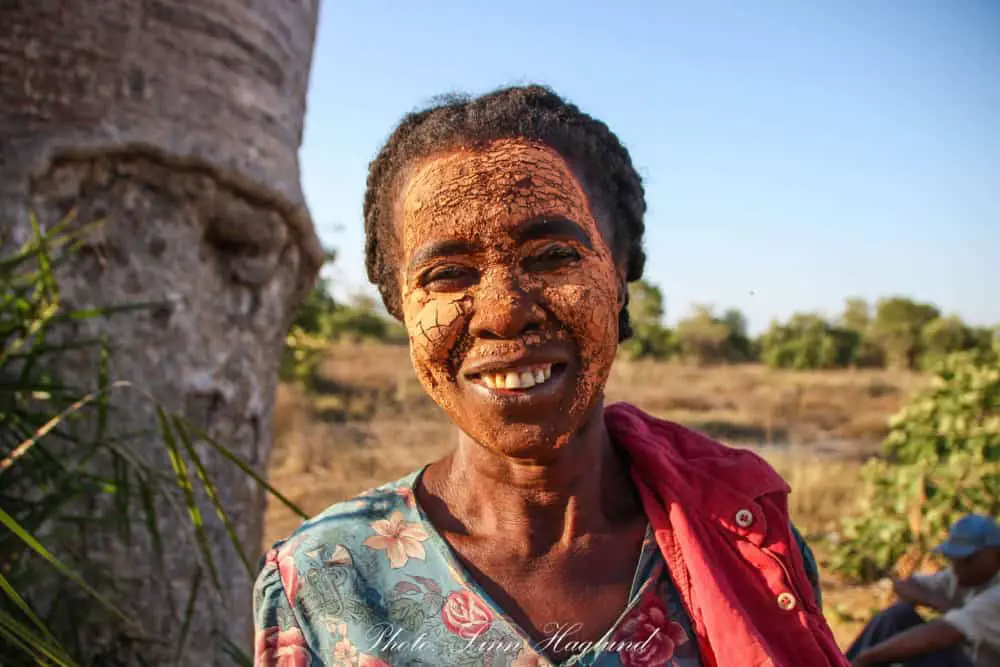
I believe that if we all put our ego aside and think about possible consequences before we make an action while traveling, we will be able to make a difference. We need to look further and think differently.
Not all the glorious Instagram feeds from influencers that claim to be responsible travelers are actually doing any good. And to be clear, I don’t think the person posting it is aware of that. No one wants to do bad intentionally, and I believe that everyone has in mind being a responsible traveler.
However, if we think differently, more consciously, we will get an even better Instagram feed, because it is real and it makes a difference to this world. Let’s spread awareness about the real issues we as travelers are confronting. Let’s be responsible travelers.
What are your thoughts? Do you know other things we shouldn’t do when traveling? Let me know in the comments.
Pin it for later!
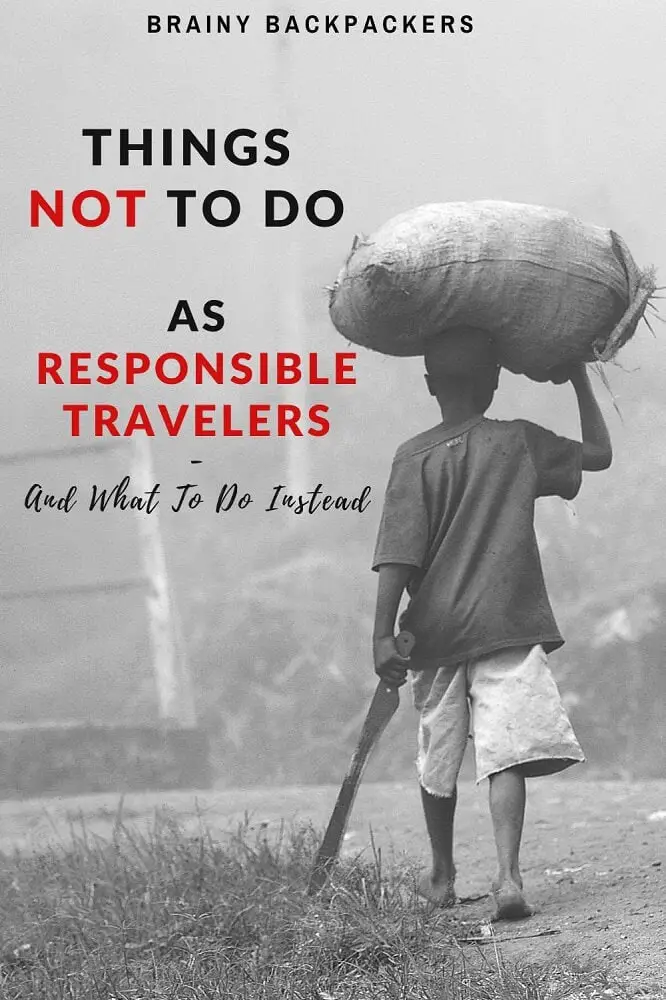


These are just amazing and incredible points. They should be required reading for everyone interested in traveling/volunteering/etc. I’ve pinned it so hopefully more people will absorb it!
Thank you so much, MacKenzie! Especially for sharing!